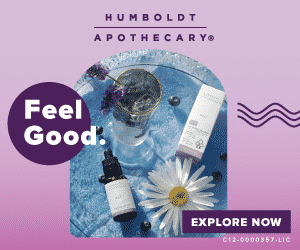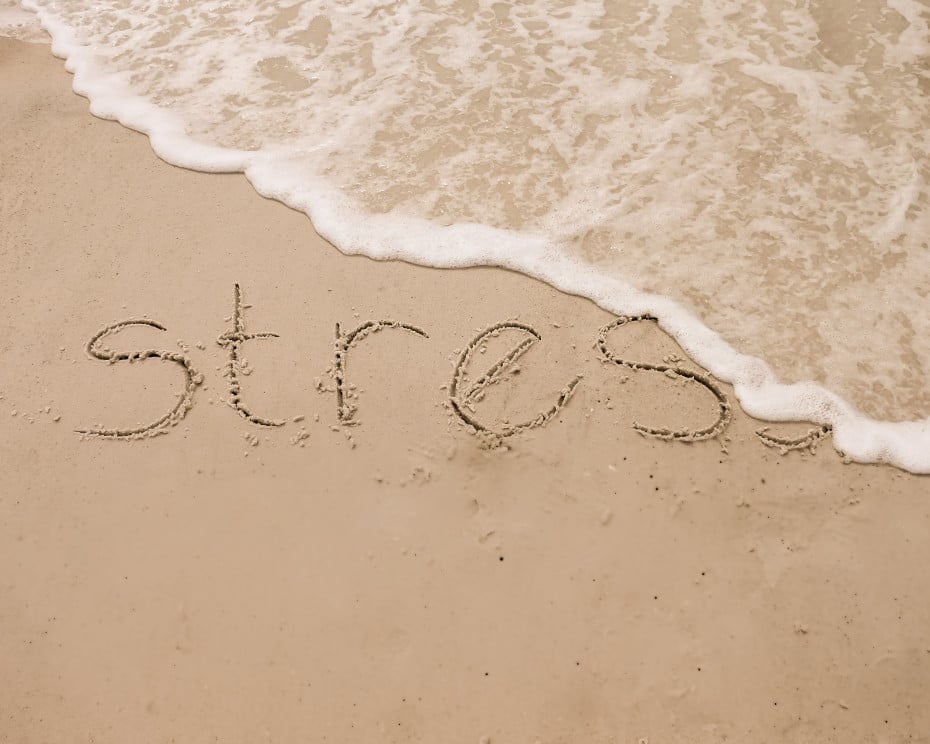Read Time: 4:00 Mins.
I see nurses helping to lead a lot of the change in the industry ⎼ Eloise Theisen, President-Elect, American Cannabis Nurses Association
A total of 33 states and Washington, D.C. have legalized medical cannabis. While they differ in permissiveness and regulatory burdens from state to state, each strives to help improve people’s lives through medical cannabis. A medical recommendation by a physician is a standard requirement, but what role do nurses and nurse practitioners play in the system? According to Gallop polls, for 17 years in a row, nursing is the most trusted profession in the U.S. It makes perfect sense that nurses could play an important role in providing cannabis-based healthcare options for patients. It may soon be a common occurrence that if you need help with cannabis, ask a nurse! They could also be instrumental in changing the stigma that currently surrounds medical cannabis in the mainstream medical profession.
To learn more, we contacted the American Cannabis Nurses Association whose mission is to “advance excellence in cannabis nursing practice through advocacy, collaboration, education, research, and policy development. Nurses need to understand how and why patients are choosing this treatment and how this use effects other medical treatments.” The ACNA currently provides needed information about cannabis to its members. In the next few years, one goal is to develop a research and evidence-based credentialing program for nurses seeking a credential in medical cannabis.
I spoke with their President-Elect, Eloise Theisen, AGPCNP-BC. Her impressive credential stands for an “Adult Geriatric Primary Care Nurse Practitioner-Board Certified.” To begin our conversation, Eloise said “I think there are many ways that nurses can bring value to the cannabis industry. Medical professionals, understandably, really haven’t been involved in the industry because cannabis is classified as a schedule one drug.” This makes sense because cannabis is illegal at the federal level and traditional physicians and nurses may not want to put their licenses at risk.
Educating Patients and Professionals
For Eloise and the ACNA, a priority is educating both patients and the medical community. Regarding patients, Eloise explained this means “Ensuring they’re getting the most up to date science and evidence-based information.” She also believes that nurses can play a key role in helping to explain the benefits, interactions, potential risks or side effects of cannabis treatment with other medications.
At a practical, everyday level, “Nurses can help patients learn how to navigate the dispensary, how to read the label, and critically, how to understand proper dosing and best practices for certain cannabinoids and different conditions.” Within the medical community, Eloise is confident that nurses can educate their colleagues as well. “They can go out there and engage with the medical community that might be reticent about cannabis. They can bridge that gap for companies and physicians in the community who are getting questions from a lot of patients.”
Taking the educational element a step further, I asked Eloise if she foresees a time when nurses conduct educational clinics for budtenders. “It’s definitely something we’re working on right now. We are also putting together a consumer-based educational program regardless of whether they have a background in cannabis or someone simply wants to understand how to use cannabis as a medicine. Again, it’s education that talks about science, dispelling some of the myths, teaching them how to read a label, etc. I do think it will catch on.”
Eloise should know. She operates Radicle Health in Walnut Creek, California. Radicle Health is a management services organization that provides cannabis education, advocacy, and access to cannabis patient care. “As a nurse practitioner, that’s what I do all day, every day. Patients come in, maybe they’re not sleeping soundly, maybe they’re struggling with anxiety. We perform a whole full health history like you would with any other type of treatments.” I asked her if operating a clinic is fairly common as a nurse practitioner that’s a member of the ACNA, or whether she’s an exception. “I would say I’m an exception. I think there’s still this fear about the legality of what we do when you’re working with a schedule one drug. Those of us who treat patients and work with them directly are definitely taking a big risk.”
They always think it’s funny to ask if we bought free samples.
I was curious about what kind of reactions Eloise receives when talking about cannabis among her peers. “Whenever I go out and do a talk, people ask me what I would consider to be ridiculous questions. They always think it’s funny to ask if we bought free samples. I’ve been called a pothead and a drug dealer. I think when you’re in this space and it’s not really widely accepted by the medical community, people are going to make fun of you. I’ve certainly been in situations where my colleagues haven’t been as accepting of what I do, and they don’t really engage in conversation with me.”
That would be a mistake as the ACNA will help change the medical community’s perception of cannabis through its members across the nation. We finished our conversation by Eloise telling me that “We’re always going to advocate for a patient to see a medical professional. When someone wants to use cannabis as a medicine, have them evaluated and follow up like you would with any other medication. We want to ensure they’re getting it right, that the medications that they are on are safe to take with cannabis, and making sure they understand the proper doses. So again, as an industry we need to say, here’s how we’re going to handle it.” In other words, if you want something done right, ask a nurse. We hope to hear and learn more from the American Cannabis Nurses Association, so sign in, and we’ll let you know when the nurse is ready to see you.
Would you use the services of a cannabis nurse or nurse practitioner? Let us know how you feel about it! Please feel free to share this article on social media and start a conversation.
Philip Rebentisch is a Contributing Editor to Three Wells. He is also the host of the podcast, Cannabis For the Rest of Us on Apple Podcasts, sponsored by Three Wells.







